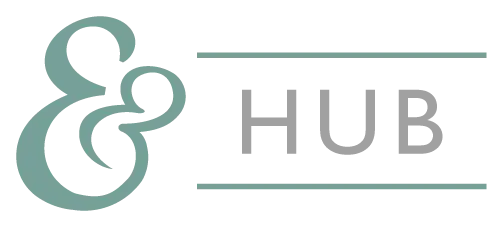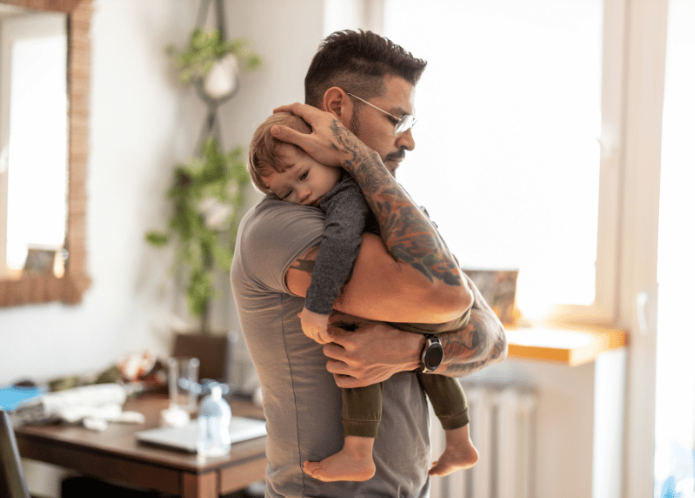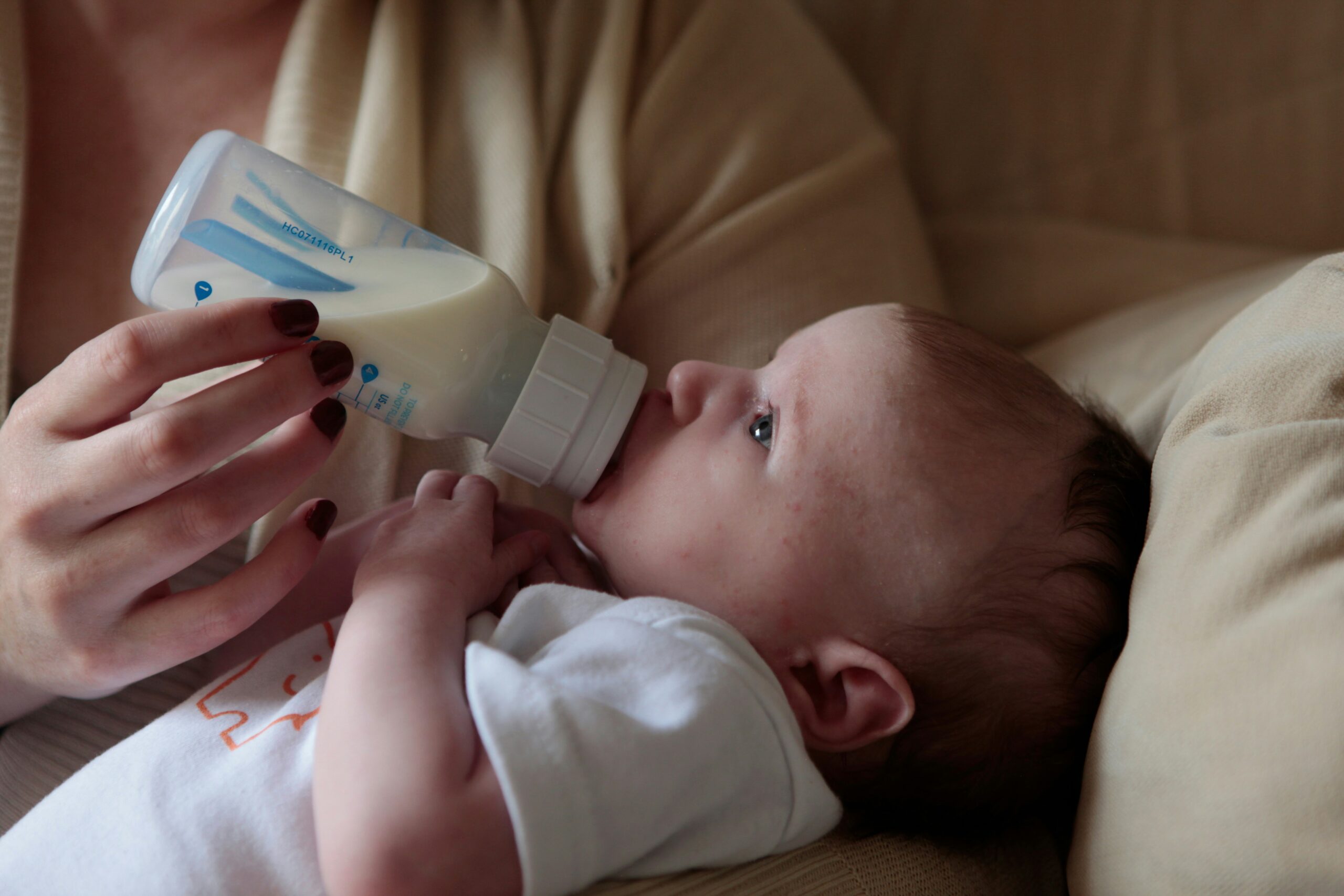My story of Anxiety, OCD and Early Motherhood is not unique.
It’s estimated that around 8% of women experience symptoms of clinical Obsessive Compulsive Disorder (OCD) in pregnancy and some 17% of them continue to experience it into their postpartum period. (I was one of the lucky 2-3% of the general population of U.S. adults that got to experience it before pregnancy too.)
And I’m not sure if it’s some sort of Baader-Meinhoff Phenomenon or if people really are talking about it more and more and more — but the importance of maternal mental health (both perinatal and postpartum) is making a much-needed surge into the spotlight.
Especially in the month of May.
Mental health messaging is, quite literally, — everywhere.
It’s all over Instagram and Facebook and LinkedIn and Tiktok. It’s in bullet-point filled emails from HR reminding you to “manage your stress” in healthy ways. It’s in ad campaigns, it’s on fliers in your OBGYN’s office and it’s in those women’s health magazines in the waiting room — you know the ones.
But — the question I’m left asking myself when it comes to May and mental health awareness is this: Is awareness enough?
Let’s zoom out a sec, shall we?
Here’s how our friends at Merriam-Webster define awareness:
When I was physically unable to feel hunger because my body was so overrun with cortisol and adrenaline, I was aware that my mental health was in dire straits.
When I had to excuse myself to the ladies room multiple times in a single work meeting so I could have panic attacks in private, I was aware of the problem.
When the list of places and people I felt “safe” around got smaller and smaller by the week, I was aware that I needed help.
But the truth? Awareness wasn’t enough.
In fact, I was “aware” of what was going on for about six months before I ever walked into a therapist’s office and started on the path to healing. Before that could happen, I had to be compassionate. And I had to be compassionate enough to get curious about where I was and stop judging myself about it.
Awareness isn’t bad — it’s the critical first step to healing. (You can’t solve a problem if you don’t know it exists, right?) But awareness isn’t the whole picture — and, if you ask me, it’s got to share the limelight with self-compassion.
Here’s why:
Awareness says, “This feeling you’re experiencing — the tightness in your chest, the floaty lightheadedness, the hot-face and shallow breaths — that’s called a panic attack.”
Compassion says, “This panic attack will pass. You can be gentle with yourself and breathe deeply. What were you doing when this happened?”
Awareness says, “That intrusive thought is a marker of Obsessive Compulsive Disorder.”
Compassion says, “You are not your thoughts.”
Awareness says, “The racing thoughts you get every night before you nurse your newborn is likely being triggered by the unpredictability of your sleep patterns right now.”
Compassion says, “It makes sense that you’re feeling anxious right now. This is a stressful time. What are some things you can do to help focus on what is true?”
Awareness says, “Your history with anxiety and OCD increases your likelihood of a postnatal mood disorder.”
Compassion says, “It’s possible you may struggle with PPD/PPA. You are a good mom. How can you best prepare for the chance that that happens now?”
This Mental Health Awareness month — I’m all for reminding people of the facts, stats, and trends.
AND, I’m also dedicating my energy to helping others — especially new moms — practice self-compassion.
Diana Carter is a mom of three small children, wife, and marketing leader living in Charlotte, NC. When she’s not knee-deep in Kinetic Sand and quartered-grapes, she partners with clients at Carter House Copy, her marketing agency that serves startups and high-growth brands. For discounts and member exclusives on Calm, the #1 meditation app, visit our Shop and Tenant Log-In pages.



